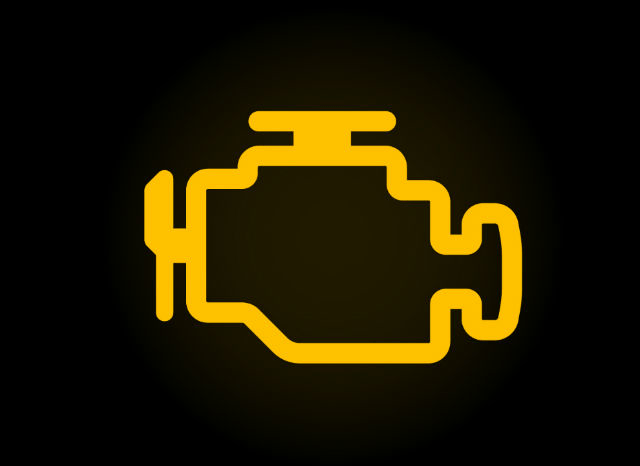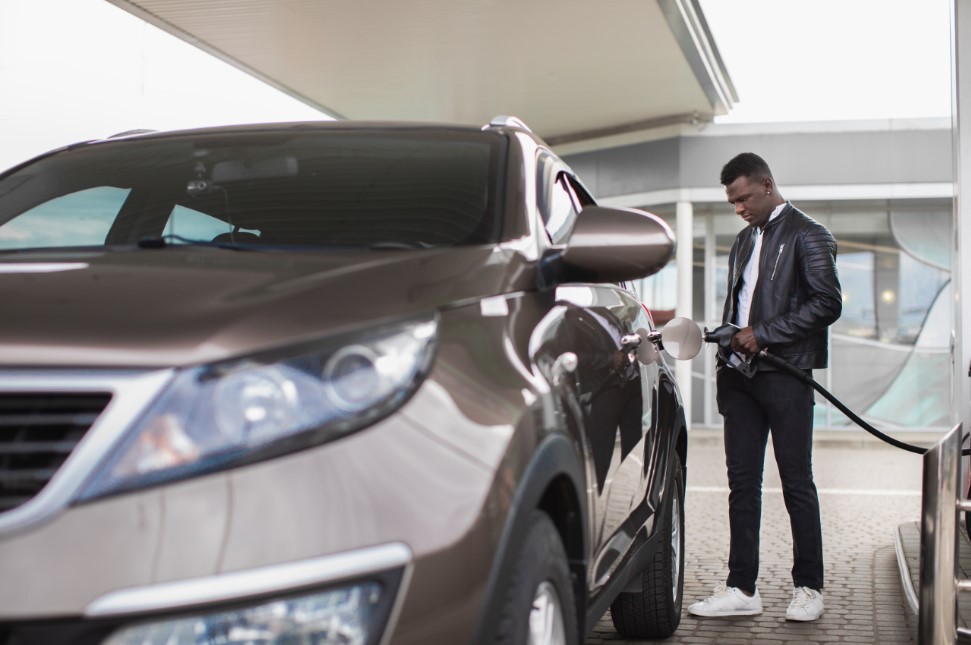Are you Driving Your Engine to an Early Grave with Bad Habits?

What's the best way to get the most for your money when it comes to car ownership? How do you increase the lifespan of your car? (Besides regular auto maintenance, of course.)
Good driving habits!
Good Driving Habits Make a Better Engine
By following these helpful tips, you can get more out of your car, without spending a fortune on repairs or maintenance. Try out these Seven Don’ts to increase the life of your car.
1. Don’t Drive on Fumes
There is a decades old thought about driving on a near empty gas tank: all the junk on the bottom of the tank will get pulled into your fuel system and cause problems with fuel flow. There are two schools of thought on this one.
One group believes this is true and has dropped fuel tanks, emptied them, and created YouTube videos to show the sediment in order to prove their point. The other group believes that, with newer technology and the location of screens and filters, driving on empty is an old myth to be dismissed. The dismissing group, however, does acknowledge that a car’s fuel filter requires gasoline for cooling and lubrication, and they state that driving on an empty tank can lead to overheating of parts, lack of lubrication, and a shortening of the lifespan of parts.
Either way, both sides have legitimate concerns about driving on an empty gas tank, and it seems everyone is concerned in some way about driving after the gas light comes on. We believe both sides can be right, depending on the car. Suffice it to say that driving on empty has a strong possibility to cause problems over time, not to forget that no one wants to run out of gas!
2. Don’t Rev Your Engine
When you rev your engine, you place additional and unnecessary stress on your car and its engine, thus shortening its life. It’s especially important not to do this when you first start your car or when it’s cold outside. Revving your engine before it has had time to warm up is especially damaging, as the engine’s oil hasn’t had sufficient time to circulate and properly lubricate your car.
3. Don’t Start and Stop Quickly
Quick starts and stops not only waste huge amounts of gas – costing you extra money at the pump, but also they put unnecessary strain on your car and its parts. Speeding off all the time like you’re at the races puts a lot of stress and wear and tear on your car. We understand that some of you have the need for speed, but we also know that habitual quick starts decrease the lifespan of car parts and, therefore, the car itself. Stopping quickly or at the last second will cause you to burn through your brake pads faster. Labor and parts on brake service isn’t cheap, nor is gasoline. Keep your fuel costs and brake-related service bills as low as possible by driving smoothly.
4. Don’t Accelerate Like a Turtle
Some of us were taught to save gas by accelerating very slowly from a stop sign or red light.
At the same time we were taught not to “jackrabbit” at start, which is not a bad tip, but accelerating very slowly prevents your car from normal driving conditions and can actually exceed normal wear on the transmission and engine.
5. Don’t Shift Like a Novice
It can be tricky to handle the transmission properly. We’ll go over just a few of the ways that you can increase the life of your transmission by shifting properly:
- Don’t ever shift into park or reverse while your car is still moving.
- Don’t shift into park without using the E brake, especially on inclines and when driving a manual transmission vehicle.
- For manual transmission vehicles, be careful not to hold down the clutch between shifting, also known as “riding the clutch.” Once you shift gears, let off the clutch.
These easy tricks could save you cash in the long run.
6. Don’t Attempt Lightspeed
It can be a thrill to race down the freeway, passing all the slowpokes and experiencing tight handling as you weave through the lanes and around the curves, but realize that driving like this can wear out your car more quickly than you may think – or like. Poe Dameron proved this after lightspeed skipping and catching the Millenium Falcon on fire! Seriously, though…
…most automobiles’ optimal range of speed is between 40 and 60 mph. Pushing things more than this on a regular basis starts cutting days off your engine. Excess speeding can cause:
- fuel waste
- excess transmission wear
- additional stress on all parts of your engine
7. Don’t Skip Maintenance
It’d be nice if our cars were like self cleaning ovens, but they aren’t. They require regular maintenance. We know we said these tips would all require no extra maintenance on your part, but there is something to be said about at least having the minimum inspections completed for your car’s tires, air filters, lights, oil, and more. And at regular intervals, too.
Coupling preventative maintenance from a professional auto repair shop and good driving habits is a recipe for success – and a long-lasting car!
Come into Christian Brothers Automotive today for a free Courtesy Inspection. Our auto mechanics will give your car a complimentary inspection, giving you a full rundown of the health of your car, letting you know what could be improved and what services will benefit you the most.
Find your nearby CBA auto shop today and request an appointment to have your vehicle inspected!
This blog was written in March 2013, and updated in August 2023 to reflect current industry standards and best practices.


[1].jpg)
Sunwash-Tech-with-Customer.jpg)

